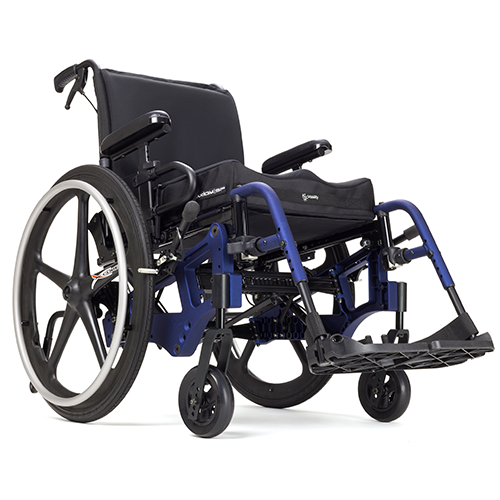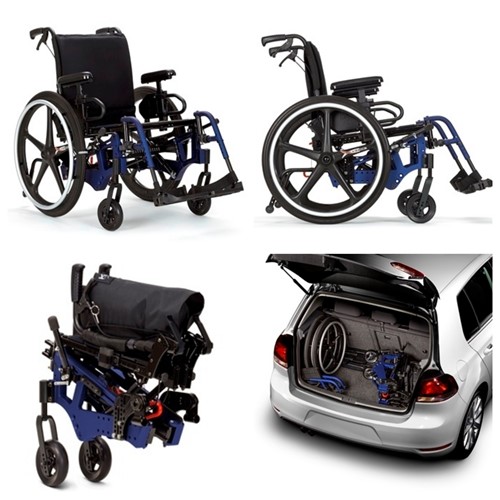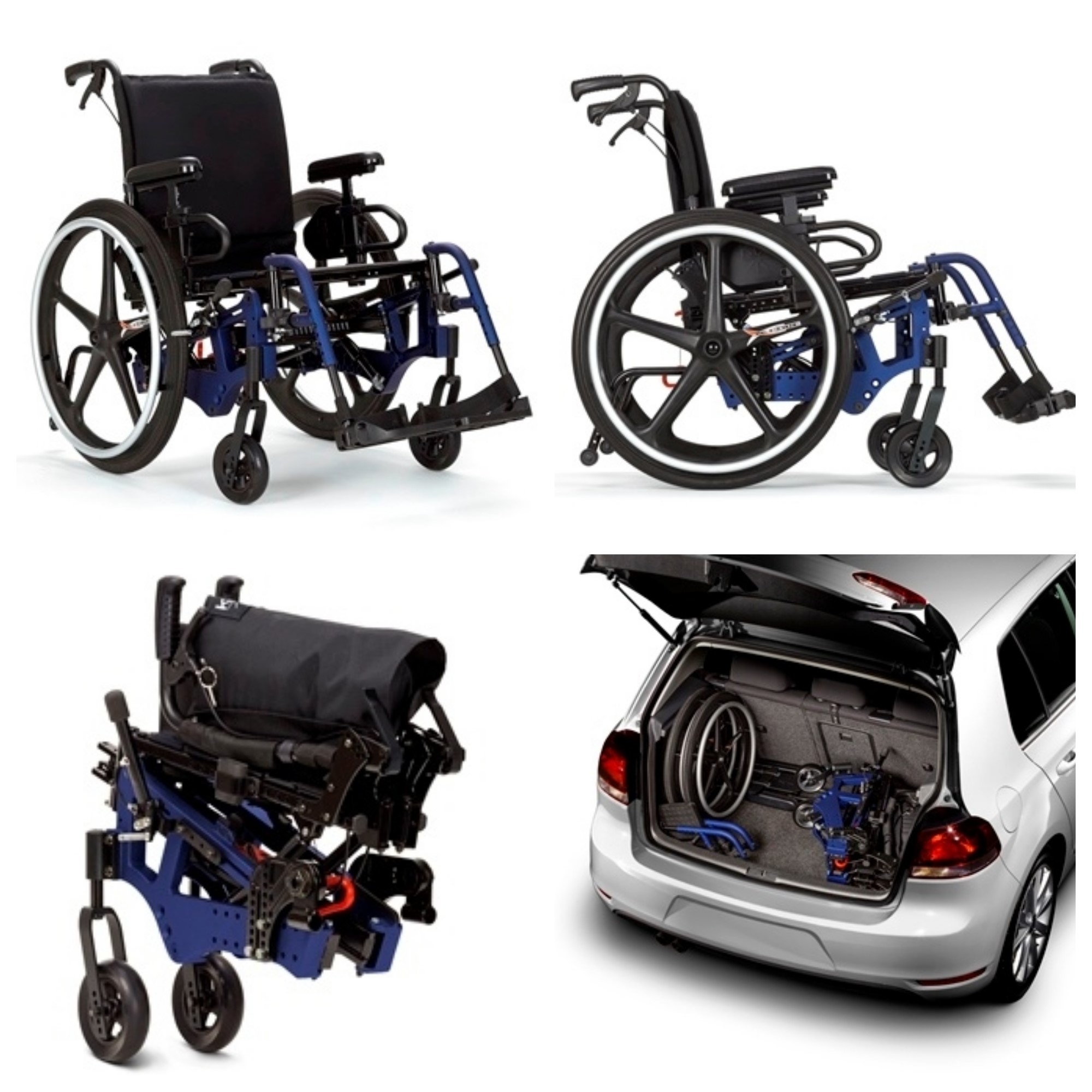
Introducing the Ki Mobility Liberty FT Tilt-in-Space Wheelchair
29 July, 2020
Written by Allied Medical
The Ki Mobility Liberty FT (folding tilt) is an ultra-lightweight wheelchair that offers true portability, enables independent propulsion and provides all the benefits of tilt-in-space.
Each chair is manufactured and customised to fit the individual and with the flip of a lever the back folds down for a more compact, portable package. The Liberty FT is designed for independent mobility, either using the push rims or through foot propulsion. The front seat to floor height remains the same regardless of the tilt angle. Simply choose the tilt angle that provides the best pelvic stability without compromising mobility.
Liberty FT Features:
- Portability - it is the only adult tilt-in-space that can fold into a portable package ideal for fitting into the back of a car
- Liberty utilises the most recent technologies, including high-pressure metal moulding
- Fold-down back with a flip of a lever
- Easy to adjust gas spring design, making it easy to adjust the system for effortless repositioning
- Foot propulsion
- Frame width, frame depth, backrest height, seat to floor height and centre of gravity are all easily adjustable
- Multi-customisable options - refer to script for full details
Click to view the Liberty FT >


Whitepaper: The Significance of Tilt-in-Space Manual Wheelchairs Following CVA
Ki Mobility have released a whitepaper on the significance of tilt-in-space wheelchairs on people that have suffered a CVA (stroke). See below a snippet of the article and click the link to read on.
"According to AHA (American Heart Association) statistics, more than 795,000 people in the United States suffer a CVA annually (Benjamin et al., 2017).
Stroke reduces mobility in more than half of those over age 65 (Benjamin et al., 2017). Most of these individuals are diagnosed with hemiplegia or hemiparesis, reducing motor control of one side of their body; upper extremity, lower extremity, or both. Because of these impairments, stroke survivors commonly present with a high need for positioning, limited independent mobility and a limited ability to independently reposition themselves. They would benefit from a seating and mobility system with the ability to adjust seat angles in order to provide postural support to counter the effects of hemiparesis, help maintain skin integrity, and optimize positioning for specific activities, such as independent propulsion, transfers, eating and ADLs. Additionally, they or their caregivers, may benefit from a mobility system which is easy to maneuver and transport."
